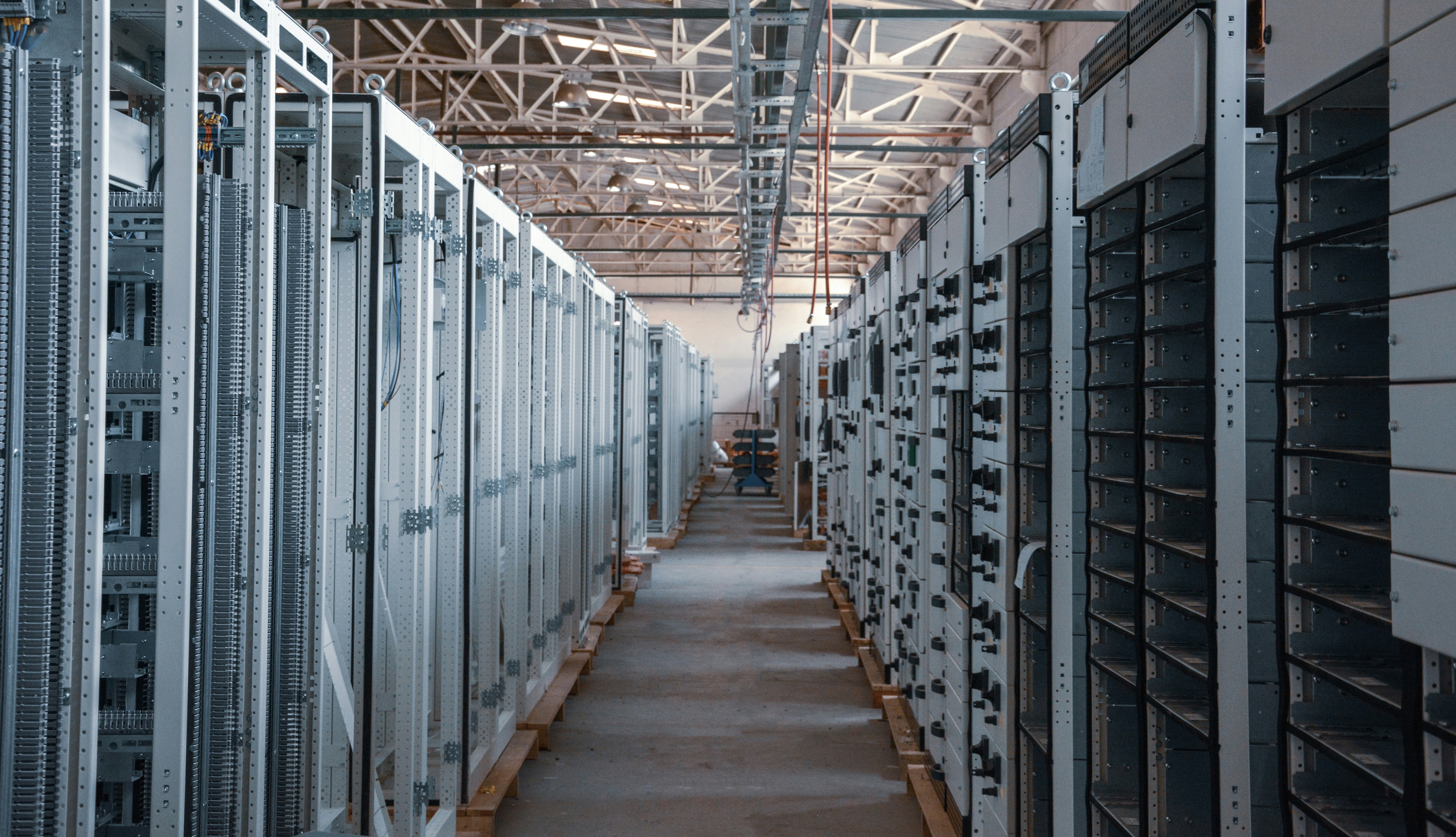.jpg)
As the world works to fight climate change, something big is happening in the job market. The rise of renewable energy is not just cutting carbon. It is changing how we grow economies, create careers, and build more resilient communities.
From solar technicians to climate policy experts, green jobs are reshaping the workforce. They are breathing new life into local economies and setting the tone for what sustainable development looks like in this century.
This shift is not just a theory or a long-term goal. It is already happening and it is moving fast.
Clean Energy Jobs Are Booming
By 2035, renewable energy in the electricity sector alone could create over 1.6 million jobs in the United States.
These roles go far beyond wind turbine installers or solar panel crews. They include engineers, manufacturing experts, supply chain managers, researchers, teachers, and electricians.
Clean energy is opening doors across the economy. Many of these roles offer better pay, stronger job security, and more career mobility than their fossil fuel counterparts.
New Pathways for Fossil Fuel Workers
One of the biggest advantages of this transition is the chance to support workers moving out of the fossil fuel industry.
As coal mines close and oil production slows, wind and solar jobs are growing, often in the same towns that have been hit hardest by fossil fuel decline.
These clean energy jobs can be more than just a safety net. They can be a second chance. With investment in retraining, former oil workers, miners, and plant operators can bring their skills into a new and growing industry that offers purpose and stability.
Not Just Panels and Turbines
It is a myth that green jobs are only about construction or fieldwork.
This sector also includes designers, planners, scientists, and policy experts.
Engineers are improving battery storage and solar cell technology. Urban planners are designing net-zero cities. Analysts are shaping climate policies. Software developers are using artificial intelligence to make energy systems smarter.
This wide range of roles means green jobs are not only varied. They are resilient. They support innovation in every corner of the economy.
A More Inclusive Workforce
The clean energy sector is also changing who gets to participate.
Unlike traditional energy industries, renewable energy is drawing workers from more diverse racial, gender, and economic backgrounds.
This is not just good for equity. It is good for innovation. Diverse teams are better at solving problems and adapting to change. These are qualities the clean energy sector needs to thrive.
To keep this momentum going, governments and employers must invest in education and job training. Programs at community colleges, technical schools, and local apprenticeships can lower entry barriers and build a strong pipeline of skilled workers.
Local Power, Local Benefits
Renewables do more than create jobs. They make communities more self-reliant.
Clean energy reduces dependence on imported fossil fuels and shields families from fuel price spikes. Local wind and solar projects offer stable, affordable energy and long-term savings.
In rural areas, this can be a game changer.
Communities that once depended on a single coal plant can now diversify with solar farms, battery hubs, and green hydrogen. They can keep ownership of local energy and local jobs.
Built to Last
Many green jobs are difficult to automate or outsource.
You cannot install a wind turbine or retrofit a building from across the ocean. These are hands-on jobs that stay in the community.
And because the clean energy transition is still in its early stages, the demand for skilled workers will only grow.
As more climate policies take effect, from the Inflation Reduction Act to global agreements, green employment will become a key pillar of long-term economic strength.
Challenges We Need to Solve
This transition is promising, but it is not without roadblocks.
Some workers need retraining to match new job requirements. Underserved communities often lack access to training programs. Permitting delays can hold up clean energy projects.
But these are fixable problems.
Governments can fund job training and support local hiring. Businesses can partner with schools and community colleges. Labor unions can help ensure safety, fairness, and good wages.
With smart planning, the transition can be inclusive and successful.
The Bottom Line
The clean energy movement is about more than lowering emissions. It is about building a better economy that values fairness, stability, and sustainability.
Green jobs offer real opportunity. They give people the tools to build a future that is cleaner and stronger.
If we embrace this transformation, we can support workers, uplift communities, and create lasting prosperity in every part of the country.


